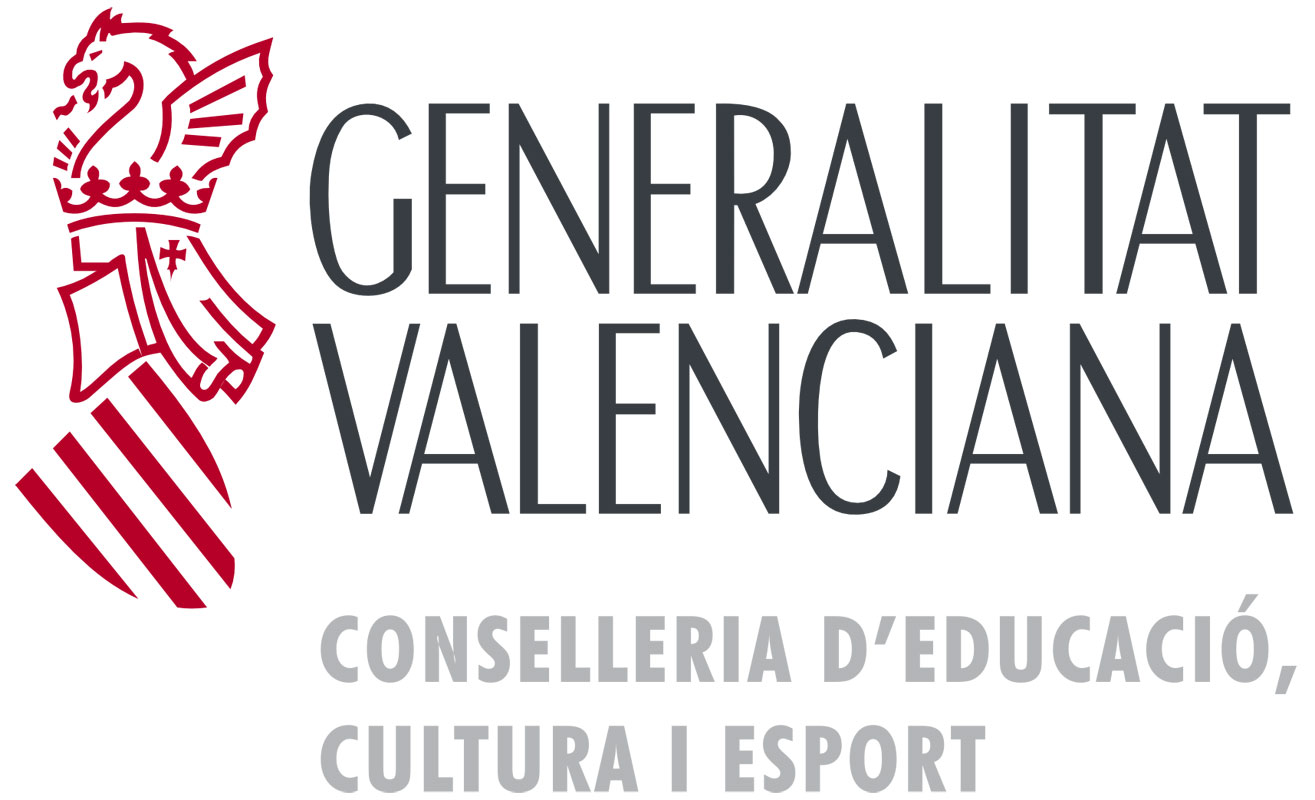Organizers:
R. Molina (IFIC), M. Albaladejo (IFIC), M. Marinkovic (ETH Zürich), P. Bicudo (CeFEMA), R. Kaminski (INP), R. Höllwieser (Wuppertal U.)
Organizers:
R. Molina (IFIC), M. Albaladejo (IFIC), M. Marinkovic (ETH Zürich), P. Bicudo (CeFEMA), R. Kaminski (INP), R. Höllwieser (Wuppertal U.)
This workshop is the 14th edition of a series of workshops that have been previously organized in Poland (2009), Slovakia (2010 and 2015), France (2011), Portugal (2012, 2016 and 2017), Bosnia and Herzegovina (2013 and 2014 ), Serbia (2018), Austria (2019) , Poland (2020) and Italy (2022).
The workshop covers diverse aspects of Quantum Chromodynamics (QCD):
(i) QCD at low energies: excited hadrons, new resonances, glueballs, multi-quarks. In the recent years, many exotic hadrons have been discovered in the experimental facilities, like the LHCb, BESIII, Belle, entering in a new era of hadrons out of the conventional quark model.
(ii) QCD at high temperatures and large densities: heavy-ion collisions, jets, diffraction, hadronisation, quark-gluon plasma, holography, color-glass condensate, compact stars, applications to astrophysics.
(iii) QCD phase diagram from the lattice, and other theoretical advancements.
Emphasis is placed on new developments in theory as well as the current experimental status. Scientific atmosphere, various discussions about different topics in QCD, active participation of many young researchers is encouraged, and there have always a nice, diverse, and friendly environment, characterizing the previous editions and also represented the goals for the new edition.
Talks are all plenary, 20 min + 10 min for discussions. There are usually coffee breaks of 30 min duration every ~ 3/4 talks which give room for extra scientific discussions. There is usually an extended lunch break allowing for longer discussions and for inspiring open-air activities, up to the speakers.
As in all the previous editions of eQCD, the proceedings book for Excited QCD 2024 will be published by Acta Physica Polonica B - Proceedings Supplement. The printed book will be mailed to the address you provided upon your registration.
In case you will not send a contribution, please let us know by email. In case you are planning to send a contribution, please read the following instructions:
- The proceedings book for Excited QCD 2024 will be published by Acta Physica Polonica B - Proceedings Supplement.
- Online versions of proceedings from the previous editions are available on: http://www.actaphys.uj.edu.pl/_cur/pl/acta_physica_polonica_b_proceedings_suplement/
- Acta Physica Polonica B - Proceedings Supplement will send you an email inviting you to register at their website and to submit your contribution.
- The latex document class and template are available at : https://www.actaphys.uj.edu.pl/authors.html.
- Your contribution should be 6 pages long, in the APP styles, we need both sources and pdf, together with the copyright transfer.
- The final deadline for proceedings submission is March 22, 2024

|

|

|
The registration fee for this conference is:
Students fee (onsite): 100 eur.
Postdocs fee (onsite): 200 eur.
Staff fee (onsite): 300 eur.
Students fee (online): 50 eur.
Postdocs fee (online): 150 eur.
Staff fee (online): 250 eur.
Pay by bank transfer
The registration fee must be paid to the account of the Centro de Ciencias de Benasque Pedro Pascual after your application has been accepted.
Remember that your registration is complete only after the payment is made.
* Please, pay after your application has been accepted.
* Please, send a confirmation by e-mail to info@benasque.org.
* Please pay all bank charges
* Include as a subject in the transfer '2024eqcd Your_Surname'
* In the comments section include:
Full name of the conference and your name.
Pay by credit card
Students (onsite): Pay by credit card
Postdocs (onsite): Pay by credit card
Staff (onsite): Pay by credit card
Students (online): Pay by credit card
Postdocs (online): Pay by credit card
Staff (online): Pay by credit card
* You have to be registered.
* Please, pay after your application has been accepted.
*Cancellation Policy*
A 30 euro charge will be applied for cancellations made up to 10 days before the conference start date.
A no refund policy will be applied to cancellations made after this date.
Further Information.